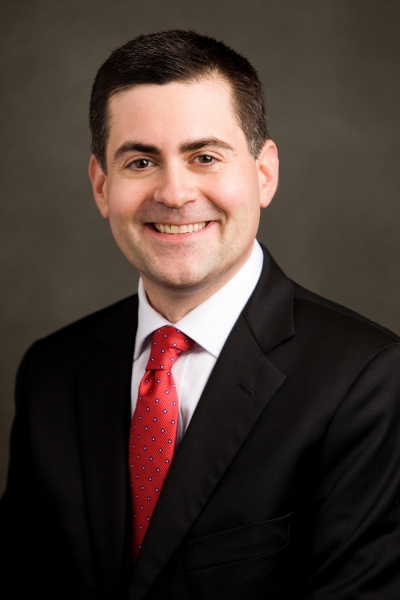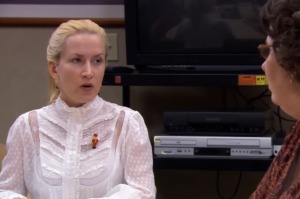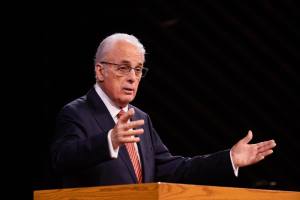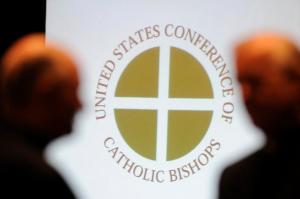Should We Watch Murders on Social Media?

I watched a video this morning that I'm ashamed to say I viewed. No, it wasn't pornography — at least not the kind of pornography we typically think of. The video was the live shooting of two television journalists as they were reporting in Virginia.
At the time, I saw the post on Twitter, which noted "unexplained shooting noises." When I watched the clip, I assumed there was gunshots around them and that the journalist and her interviewee had ducked for cover. It wasn't until much later that I learned that what I had seen was a cold-blooded murder, streaming across my Twitter feed.
There's much debate right now as to whether news sources should show the video, or whether people should watch it on their social media feeds. Many respected voices are calling this the equivalent of a "snuff film," the sort of twisted video that feeds into morbidity and bloodlust. The killer himself recorded the bloodshed on his phone and immediately posted their deaths onto social media, where thousands, and perhaps millions of people, could watch it again and again.
On the one hand, I strongly believe that we should not hide from the reality of evil. That's why, when many suggested media shouldn't carry images of the falling twin towers after the September 11, 2001, attacks, I disagreed. We should see the images before us, if we as citizens are to know the depth of injustice with which we are called to address militarily. The Planned Parenthood undercover videos are awful, but I have encouraged people to view them, precisely because our consciences must be made aware of this injustice toward the most vulnerable among us. So, what then should we make of this, what Charles Cooke is calling "the first social media murder"?
I don't think we should watch the video. I don't think we should post it. And I don't think media outlets should run it. Here's why. We have no lack of consensus in our society that the gunning down of innocent people is morally wrong. To be fair, we do have legitimate debate about what to do about gun violence but not about the morality of the violence itself. The conscience of society is already awakened to the horror of such evil.
Moreover, our watching the video seems to feed into the wicked desires of the murderer himself. He chose, after all, to carry out this atrocity on what he knew would be a live television feed. He wanted not only to kill these innocents but also to broadcast their deaths. Perhaps he wanted the notoriety of killing. Perhaps he wanted to humiliate them with the recording of their deaths at his hands. We shouldn't enable this murderer his wishes. He wanted not only to murder their physical lives but to murder their digital images as well.
As Christians, we ought to have very sensitive consciences to this. Our Lord Jesus, after all, was murdered by the Roman Empire, publicly humiliated on a cross where he was mocked by the populace for the shame of the way he was killed. The cross was meant to signal not only death but also the most shameful death possible, as a way of warning others not to commit the same acts. The church reclaimed the cross but not on Rome's terms. The cross is explained, for us, in light of incarnation and the resurrection and the enthronement of Christ.
A videotaped massacre can easily be a kind of pornography, turning human beings — made in the image of God — into spectacles, all while giving the illusion of a safe distance between their suffering and the audience. We can justify watching this as "being informed," but there is a very thin line these days between news and entertainment. The last thing we should ever be entertained by is the taking of human life. That's why our early Christian ancestors refused to go to the gladiatorial games.
This killer's video isn't exposing darkness. It is celebrating darkness. He put forward a kind of pornography of violence, and from that we must turn away.




























